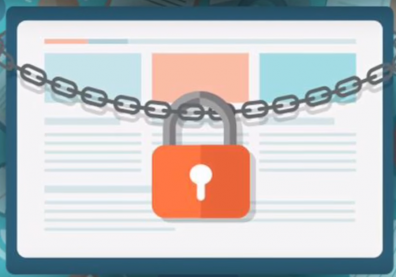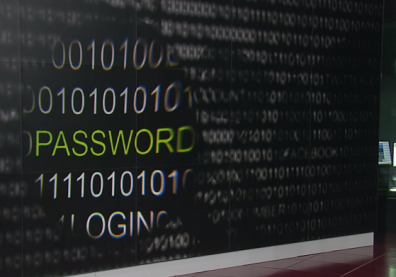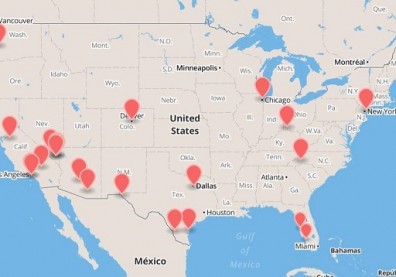Funny, right around the time that Microsoft was trying to convince gamers to choose its own next-gen Xbox One over the PlayStation 4, was of the company's big blunders was promising an ever listening, ever watching Kinect, a feature which was completely vilified. In the end, Microsoft decided to do away with the feature, and now, the company is posting record number of sales. Now, with the report out confirming that the NSA used Xbox Live to spy on gamers, Microsoft is promising to bolster its security features to keep the personal information of its users safe.
A new a post from Eric Doerr, Microsoft's Account Group Program Manager over at Microsoft's TechNet Blog detailed some of the changes, which will begin rolling out in the next few days:
- Recent Activity List - shows sign-ins, incorrect log-in attempts, recovery codes, password resets, fairly basic really. Each action comes complete with with the time log when it happened. If you see an action taking place at a time you don't recall, you can simply go Shaggy and hit the "This Wasn't Me" button.
- Recovery Codes - for anyone who uses the two-step verification process, "secure" recovery codes have been added for the rare occassions in which both verifications fail. The codes "can be used to regain access to your account" provided you can't remember an old address, phone number, or Great Aunt Mildred's maiden name.
- You can now choose where security notifications (like password resets) are sent, just in case you've lost control of/access to an e-mail accoun, phone number, etc.
The features have been added for more than just gamers, but for anyone who uses a Microsoft service, be it Windows PC, Windows Phone, SkyDrive, Outlook, whatever.
As per usual, whenever there's a security breach, or something else that makes people feel generally uneasy, Microsoft is encouraging customers to take a quick refresher with some basic tips on how to keep your account safe. "This is good common sense information, but worth a quick check to make sure you're up to date."
According to an excerpt of the report that leaked earlier, "Al-Qaida terrorist target selectors and ... have been found associated with XboxLive, Second Life, World of Warcraft, and other GVEs [Games and Virtual Environments]. Other targets include Chinese hackers, an Iranian nuclear scientist, Hizballah, and Hamas members." It's doubtful these were people looking to take over your gamertag, but it's better to be safe than sorry, so go brush up on your info and make sure your stuff is secure.
While the report did note that some less than savory characters did "asssociate" with these games and services, there was also no report finding that any of them were ever used as a meeting place to discuss terrorist activity, or if there were any successful attempts at uncovering suspect activity.










